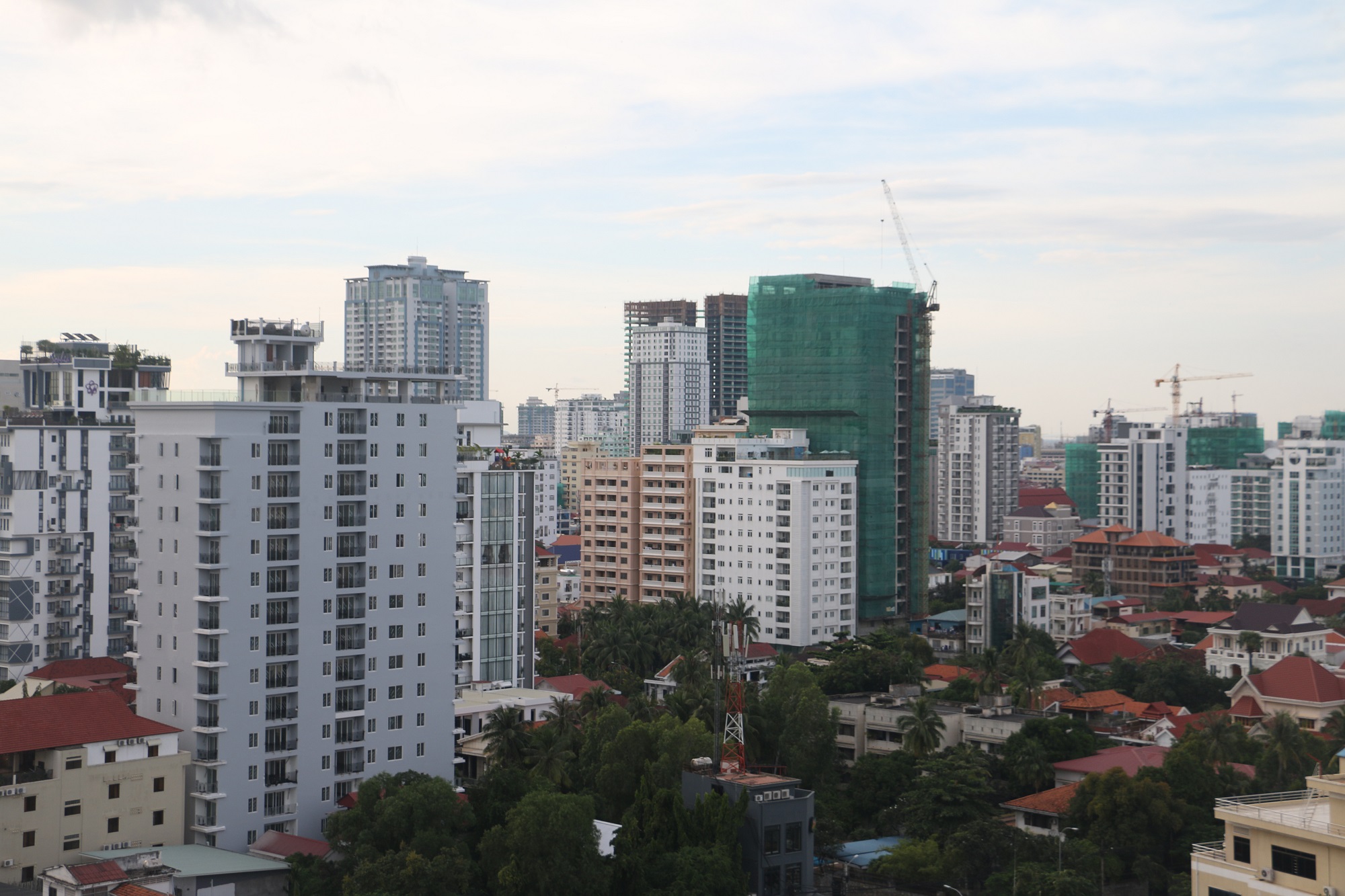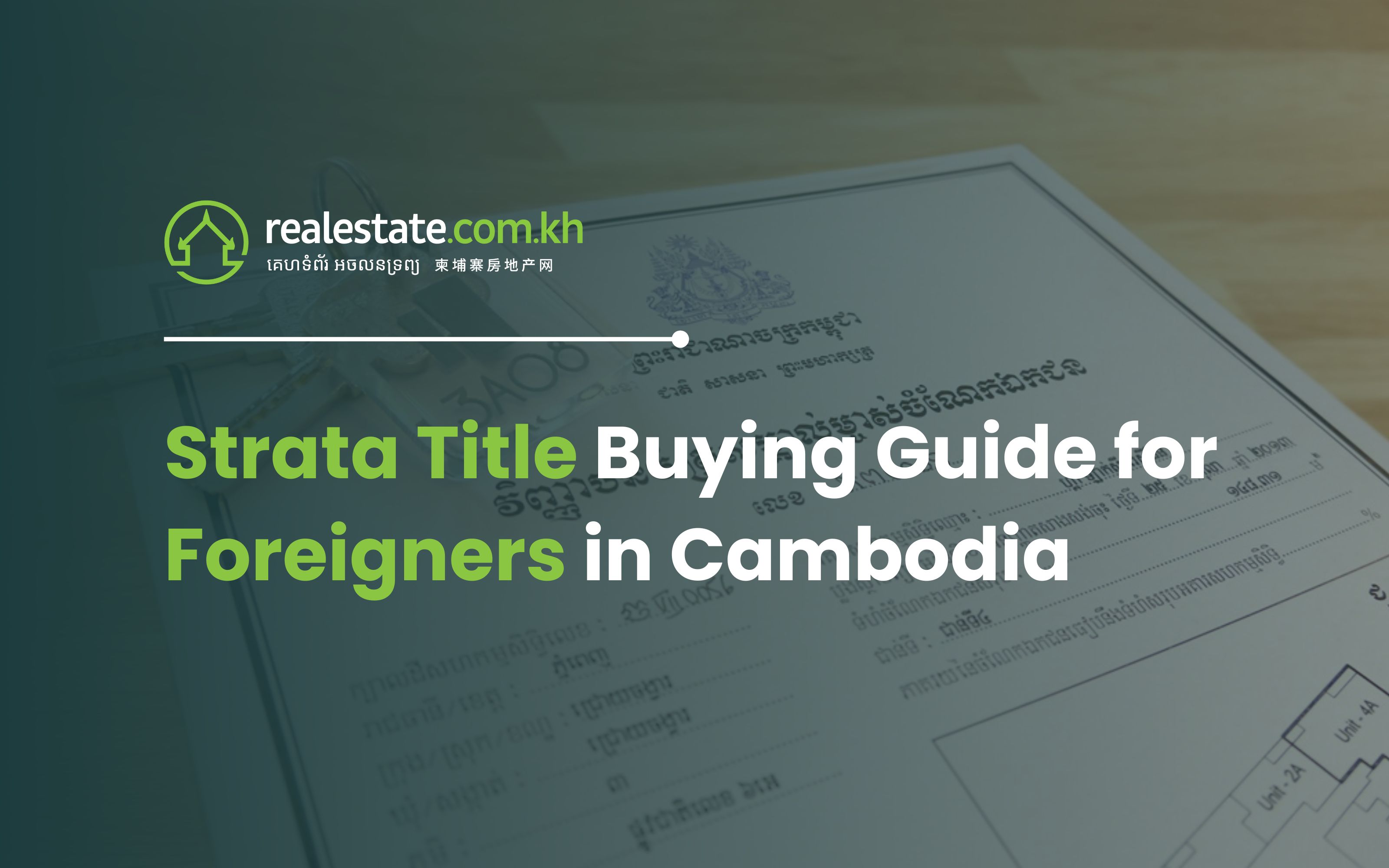What is a Pre-Selling Property?
A pre-selling property is a property released for sale in the market at any stage before the development is completed. This is otherwise known as an off-plan property. Pre-selling properties exist for a few reasons. Developers offer it to finance the construction of the project, while others for an assurance that all units are sold before construction is completed. Some developers do it for both reasons too. But buying pre-selling properties has its fair share of advantages and risks.
Advantages of Buying Pre-Selling
- It’s more affordable – off-plan properties are mostly, if not always, cheaper than buying units that are ready for occupancy (RFO). This is because you won’t be able to use the home just yet! As a reward for trusting the developer, buyers are given extra privileges in the form of a low-cost purchase amount and more flexible payment terms. So, you can pay for the property in instalments as well with little to no interest. Other developers also do special discounts for early buyers, making the property all the more attractive.
- Great investments – Pre-selling properties mostly increase in value as it is near completion. This can be used to the buyer’s advantage. For example, if you buy a property now in its pre-selling stage and its selling price is $120,000, in about two to three years, once it’s completed, the value can go up to around $150,000. That’s a $30,000 profit for doing nothing except waiting for the development to be completed. But of course, you have to do your study on the property first.
- More options – Since the property is in its pre-selling stage, not many have inspected the property and bought it. So, as a buyer of off-plan properties, you have more freedom in choosing your unit type, where it’s facing, what floor, and other similar factors. With RFO units, this is hardly the case. You’re stuck with manageable units, at best.
Cons of Buying Pre-Selling
- Changing Terms - Pre-sale contracts can be ambiguous and vague sometimes. It can be subject to further changes, either legally or through a technicality or loopholes. The risk is that you might actually get a unit that’s very different from what you were promised. This includes changes in material, location, layout, size, and finishing.
- Time Management – A delay in completion and turnover is another risk an investor must look into. Sometimes, pre-sale contracts contain delay clauses that free the developer from responsibility for turning it up on time. That’s why it’s important to always check the contract.
- Financial loss – If a developer goes bankrupt or the project doesn’t push through, you’re usually left with nothing. Sure, you can sue them, but that will take quite some time and funding.
Bonus Tips*
Even with these apparent risks, the good can definitely outweigh the bad if you are well-advised of the developer and their past projects. So, here are a few things to keep in mind when scouting for properties and you just happen to run across a pre-selling one.
-
Look for developers with a good reputation.
-
Look for reputable agents
-
Get a good lawyer to run through the contract with you to check for any inconsistencies or unfair clauses.
-
Hire the services of licensed brokers to assist you with the process.
-
Verify the legitimacy of the developer with related government agencies and ministries such as the Ministry of Land Management Urban Planning and Construction.
Pre-selling properties are great ways to get the most out of your money. With proper precautions and a bit of research combined with these tips, you can make that money grow even further until the next property comes along.
To find more reliable off-plan properties




Comments